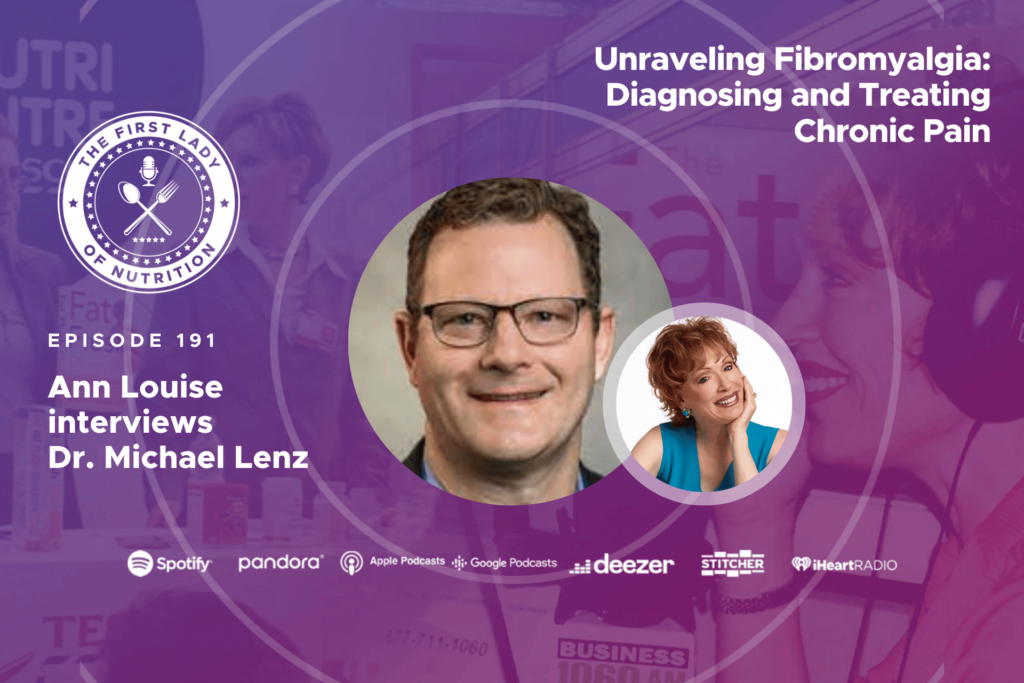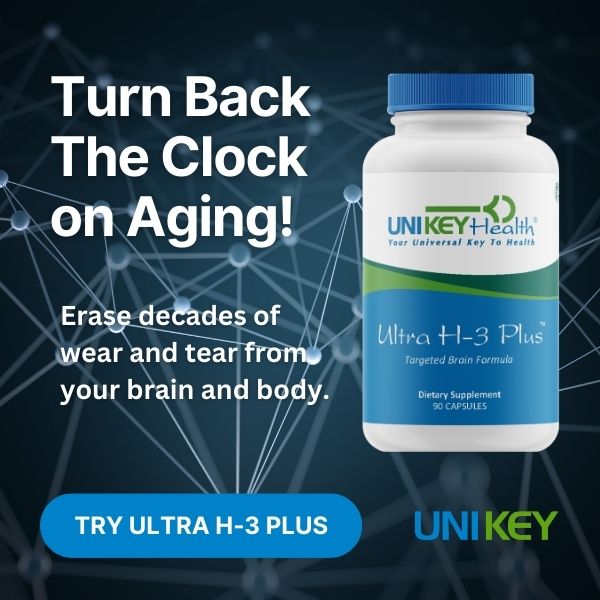 Extra inches—even with normal weight—can increase women’s risk for Alzheimer’s.
Extra inches—even with normal weight—can increase women’s risk for Alzheimer’s.
The more you weigh—especially if you’re pear shaped—the more forgetful you’re likely to be as you grow older, finds research in the August issue of the Journal of American Geriatrics Society.
Based on data from almost 9,000 women in a large government study, “the message is obesity and a higher body mass index [BMI] are not good for your cognition and your memory,” says Diana R. Kerwin, MD, assistant professor of medicine at Northwestern University’s Feinberg School of Medicine.
“Obesity is bad, but its effects are worse depending on where the fat is located,” she explains. “The study tells us if we have a woman in our office and we know from her waist-to-hip ratio that she’s carrying excess fat on her hips, we might be more aggressive with weight loss.”
That’s not to say that abdominal weight—long linked to Type 2 diabetes—is much better for you. But researchers are wondering if the type of fat deposited on the hips is more likely to release hormones detrimental to brain function. Stay tuned, as a follow-up study is in the works.
Dr. Ann Louise’s Take:
If women need yet another urgent reason to watch their weight, the possibility of Alzheimer’s disease is certainly a good one!
In my Fat Flush programs, I strongly encourage participants to use a tape measure rather than the scale. While you can’t always change where your weight goes, you can have less of it—leading to fewer inches around both your waist and hips!
As metabolism slows in our prime years, it’s all too easy to put on extra pounds. Both perimenopausal and menopausal women complain of brain fog as well as hot flashes and other signs of the “change.” Now, a study in the Archives of Internal Medicine shows that healthy weight loss helps relieve these symptoms.
Brain Fog or Early Alzheimer’s?
Hormonal changes, stress, and simply multitasking in today’s 24/7 world are reasons enough for occasional memory loss. But it’s important to recognize the warning signs of progressive cognitive dysfunction.
Do you ask the same question again and again? “If it’s worrying you…if other people are commenting on it,” says Gary Small, PhD, a geriatric psychiatrist at the UCLA Center on Aging, “that might be time to check in with your doctor.”
Other potential signs of Alzheimer’s?
• Putting things in unusual places, like stashing frozen food in the fridge or the cupboard.
• Forgetting everyday things—like not brushing your teeth.
• Struggling to come up with the words you want to say.
Genes also play a big role in Alzheimer’s disease—if one of your parents has this disease, your risk increases 40 to 60%. In addition, diabetes, high blood pressure, and obesity—especially with added weight around the hips—ups the risk. Fortunately, you can lessen these risk factors.
Take Action
Regular, moderate to heavy exercise lowers the likelihood of dementia as much as 40%, shows one large long-term study. And research at UC Irvine suggests how it works: physical activity raises levels of brain-derived neurotrophic factor, both protecting neurons and enhancing brain function.
Use it or lose it! Staying mentally engaged—especially in retirement—can reduce the risk for dementia by 47%. Go to a museum or read—rather than vegging out in front of the TV. Play cards, do puzzles, learn a new language, or take a class. 2009 research in the journal Neurology links higher educational attainment with higher cognitive function.
Numerous population studies show the importance of a Mediterranean-style diet, high in fruits, veggies, nuts, omega-3 fats, and even a little red wine. Although a 2005 Cochrane Review stresses the importance of omega-3s in fighting Alzheimer’s, it’s often hard to get enough in the diet, so supplementation can be important.
Take 1 softgel of Super EPA, each of which contain 1 gram of purified fish oil free of heavy metals and PCBs, once or twice daily. Ongoing research finds that this marine lipid concentrate is an anti-obesity fat that helps protect against Alzheimer’s and repair damage from clogged arteries.
Start Early
“These lifestyle factors may have to occur early in life,” suggests Laurie Ryan, PhD, program director for Alzheimer’s research at the National Institute on Aging. A deficit in vitamin D may be one early warning sign for dementia, for example.
“We have now been able to demonstrate a connection between low vitamin D levels and cognitive decline,” says David Llewellyn at Britain’s Exeter University. While it’s important to get sufficient levels of the sunshine vitamin (also protective against artery disease, cancer, and osteoporosis) throughout the lifespan, taking vitamin D is an easy way for postmenopausal women to prevent cognitive decline.
A large Dutch study in the Archives of Neurology shows that adults 55 and over with the highest intake of vitamin E were also less likely to develop dementia. Antioxidants—available in almonds and hazelnuts, broccoli and spinach, as well as butter and carefully processed vegetable oils—have long been associated with lower risk of Alzheimer’s.
And Maintain a Healthy Weight
If you’re trying to trim your hips, it may be hard to get all the nutrients you need. “Our bodies work best when vitamin and mineral deficiencies are absent,” says Michael Dansinger, MD, at Tufts University School of Medicine and an advisor to The Biggest Loser television series.
Fortunately, Fat Flush offers plenty of antioxidant-rich fruits and veggies plus healing fats. But sufficient levels of vitamins D and E can be hard to achieve even when you’re eating far more than your body needs.
That’s why Dieter’s Multivitamin and Mineral has been scientifically formulated for optimal nutrition support during weight loss. Not only does it contain the best forms of vitamin D (cholecaliferol) and E (d-alpha tocopheryl), but it also offers chromium to enhance your metabolic rate and iodine for healthy thyroid function.
Sources:
Fat Flush for Life
The Fat Flush Plan
https://ivanhoe.com/channels/p_channelstory.cfm?storyid=24527
https://jamanetwork.com/journals/jama/fullarticle/186131
https://www.ncbi.nlm.nih.gov/pmc/articles/PMC2854051/
www.reuters.com/article/idUSTRE66B6I020100713
www.reuters.com/article/idUSTRE66B65W20100713
www.reuters.com/article/idUSTRE6684WW20100709
www.usnews.com/science/articles/2010/07/15/body-shape-may-affect-mental-acuity.html
www.webmd.com/diet/news/20100714/excess-weight-on-hips-linked-to-memory-problems








